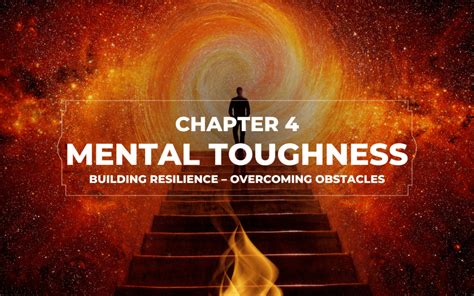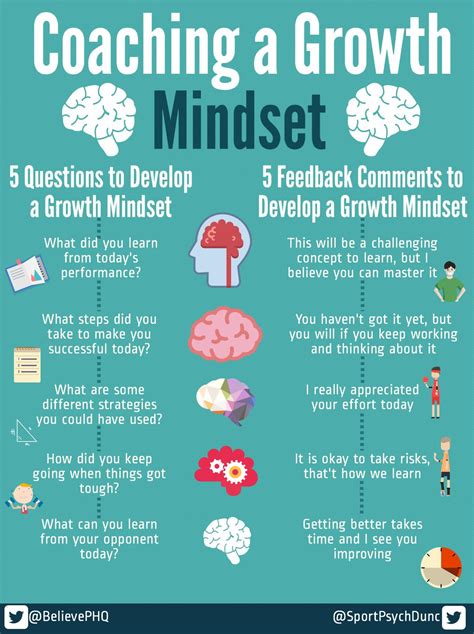Life inevitably throws curveballs, be it an unexpected financial downturn or a frustrating halt in physical progress. For men, these setbacks can hit particularly hard, often challenging core identities tied to strength, provision, and achievement. The key to not just surviving but thriving beyond these obstacles isn’t merely about working harder, but working smarter – starting with a profound shift in mindset.
The Power of a Growth Mindset
One of the most impactful shifts is moving from a ‘fixed mindset’ to a ‘growth mindset’. A fixed mindset assumes that intelligence, abilities, and even financial acumen or athletic potential are static traits. When faced with a setback, someone with a fixed mindset might conclude, “I’m just not good with money,” or “I’ve hit my physical limit.” This leads to feelings of helplessness and discouragement.
Conversely, a growth mindset views abilities as something that can be developed through dedication and hard work. Financial losses become learning opportunities to refine strategies. A fitness plateau is seen as a signal to analyze training, nutrition, or recovery, and experiment with new approaches. This perspective fosters resilience, turning challenges into pathways for improvement.

Shifting Focus: Process Over Outcome
Many men are conditioned to focus intensely on outcomes – the exact dollar figure in the bank, the specific weight lifted, or the ideal body fat percentage. While goals are essential, an over-reliance on outcomes can be detrimental when progress stalls or reverses. A powerful mindset shift involves re-prioritizing the process.
Instead of fixating on the destination, focus on the daily habits and consistent effort that lead there. For finances, this might mean consistently budgeting, saving a certain percentage, or learning new investment strategies. For fitness, it means adhering to your workout schedule, preparing healthy meals, ensuring adequate sleep, and tracking small improvements in form or endurance, regardless of the scale. When the process is sound, outcomes tend to follow, even if not immediately or linearly.
Embracing Failure as Feedback, Not Finality
No one enjoys failure, especially men who often feel immense pressure to succeed. However, viewing setbacks not as personal failings but as valuable feedback is a critical mindset shift. A failed investment isn’t the end of your financial journey; it’s data informing your next decision. A plateau in strength isn’t a sign of weakness; it’s an indication that your current training stimulus is no longer effective and needs adjustment.
This perspective allows for iterative improvement. Each mistake or stalled effort becomes a lesson. What worked? What didn’t? What needs to change? By detaching personal worth from the outcome, men can analyze situations more objectively, learn from their experiences, and pivot without the heavy burden of self-recrimination.

Cultivating Self-Compassion and Detachment
It’s easy to be hard on oneself, especially when faced with perceived failures. A crucial, yet often overlooked, mindset shift is cultivating self-compassion. This doesn’t mean letting yourself off the hook, but rather treating yourself with the same kindness and understanding you would offer a good friend in a similar situation.
Detach your self-worth from your financial status or your current physical condition. You are not your bank account balance, nor are you defined solely by your athletic prowess. Understanding that your inherent value remains constant, regardless of external circumstances, frees up mental and emotional energy to focus on recovery and growth. This detachment also helps in preventing emotional decisions driven by panic or ego.

Taking Iterative Action and Seeking Support
Finally, the mindset shift toward iterative action combined with seeking support is vital. Instead of waiting for the perfect plan or the motivation to tackle a massive overhaul, focus on taking small, consistent, imperfect steps. Whether it’s cutting one unnecessary expense, adding five minutes to a workout, or researching one new skill, these small actions build momentum and confidence.
Equally important is the willingness to seek guidance and support. This could mean consulting a financial advisor, a fitness coach, a mentor, or even simply talking openly with a trusted friend or partner. Recognizing that you don’t have to navigate challenges alone is a sign of strength, not weakness. External perspectives can offer clarity, accountability, and strategies you might not have considered on your own.

Bouncing back from financial setbacks or fitness plateaus isn’t about ignoring the pain or wishing problems away. It’s about adopting a robust mental framework – one that champions growth, values the journey, learns from every experience, practices self-kindness, and embraces both incremental action and community support. By making these profound mindset shifts, men can not only recover but emerge stronger, wiser, and more resilient than before.





